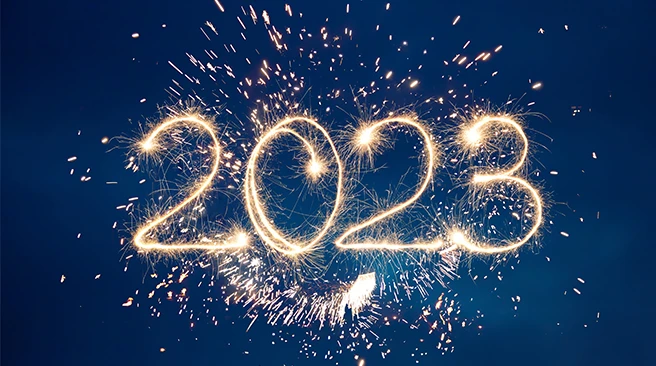4 Ways to Use Data Analytics in Travel Marketing
November 6, 2019

Big data is an important concept within the travel industry, as data analytics transform a singular consumer snapshot into a holistic view of an overall target market. Customer data is based on demographics, experience and expectations. Unearthing those specifics is especially important within the hospitality sector because of its predictive analysis potential.
Here are four ways to leverage advances within data to reach your customer base:

Improve the Customer Experience
Transportation, hotels, and restaurants in the tourism industry interact with customers often, and those data points can improve the overall customer experience. When deciding what programs to invest in, marketers can look to social media conversations and online reviews.
Another aspect of a positive consumer experience lies within personalization. This will boost loyalty, positively impact sales and the company’s reputation on social media. More than 85% of marketers find success in personalization — leading to higher engagement, revenue, and conversions.
Additionally, thanks to the technological revolution, companies have large quantities of personal data from user behaviors, preferences, previous interactions and social media platforms at their disposal. They can transform this data into a related service around travelers’ needs.
Dive into Valuable Market Research
The analysis of competitors allows a clearer understanding of what other hotels or businesses are offering. Competitive research helps marketers fill in potential gaps within current product offerings. Companies have the power to deliver services that are not only helpful and needed by consumers, but are also difficult to find elsewhere. Research highlights where the market is saturated, and where there is room for growth.
Additionally, marketers can seamlessly make changes to products if needed, as consumer opinion and pain points can be easily identified based on the analysis. This intel can inform decision-making, reducing the need to rely on intuition and luck, and boosting customer retention.
Experiment with Artificial Intelligence
Counterintuitively, incorporating artificial intelligence in travel marketing helps humanize the digital experience with real-time chat support and push notifications. As a valuable personalization tactic, an AI-powered travel bot can answer questions, save users’ time and money, organize trips and suggest new places to visit. It is recommended to have a bot accessible 24/7 and detect a variety of languages in order to provide ideal customer support.
Get a Grasp on Reputation
Since we are in the midst of a digital revolution, customers coming back from vacations have the freedom to leave reviews on a wide array of social platforms, dedicated review websites, and search engines. Potential future customers can then check these reviews and weigh their options prior to booking a hotel, excursion, or car rental service. The reviews can also be used to restructure training efforts for businesses within the tourism industry in order to make improvements and ensure future reviews are positive.
Because today’s tourism industry is booming, it’s essential for marketers to use data to quantify and improve strategy and ROI. Consider working with a location intelligence company to receive data analytics to uncover insight into customer preferences, and strengthen your overall business model going forward.
References




